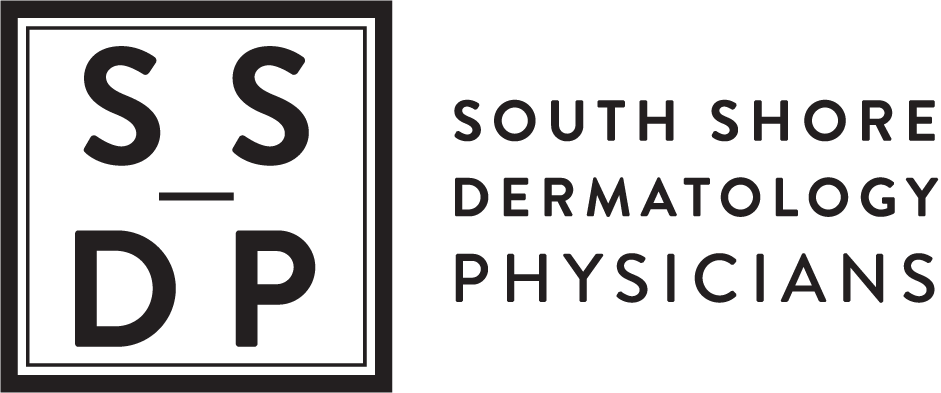A Systems-Wide Approach to Acne: How Nutraceuticals Can Transform Skin Health
Acne remains a widespread concern, affecting individuals well beyond their teenage years. While conventional treatments have focused on addressing localized skin factors—such as excess sebum production, clogged pores, bacterial overgrowth, and inflammation—growing evidence suggests that systemic influences also play a significant role in acne development.
Let's delve into how targeted vitamins and minerals may help in the fight against acne.
Understanding Systemic Contributors to Acne
Beyond traditional treatment approaches, research has identified six systemic drivers that influence acne:
Psycho-emotional Stress – Triggers hormonal imbalances and inflammation.
Diet and Metabolism – High-glycemic and dairy-rich diets may exacerbate acne.
Hormonal Fluctuations – Androgens (male hormones) increase sebum production.
Skin and Gut Microbiome Imbalance – Disruptions in beneficial bacteria can impact skin health.
Oxidative Stress – An imbalance between free radicals and antioxidants contributes to inflammation.
Immune Response – A hyperactive immune system can worsen acne-related inflammation.
Addressing these factors holistically opens new doors for effective acne management.
Nutraceuticals and Acne: The Power of Vitamins and Minerals
Nutraceuticals—vitamins, minerals, and plant-based compounds—offer a natural way to target these systemic drivers. Whole food sources are ideal. If your doctor finds a deficiency in a specific vitamin or mineral, then supplementation may be needed. Below is a list of nutraceuticals that have been studied for improving acne.
Please note: Any supplements should first be discussed with your physician to make sure there are no contraindications based on the individual case.
1. Zinc
Reduces inflammation and bacterial growth.
Helps regulate sebum production.
Supplementation may be helpful, but high doses are needed, which can cause nausea
Common sources: oysters, pumpkin seeds, chickpeas, and nuts.
2. Vitamin A
Supports skin cell turnover and reduces clogged pores.
Regulates sebum production.
Supplementation is not recommended, as it requires high doses, which cause side effects.
Common sources: sweet potatoes, carrots, and leafy greens.
3. Vitamin D
Helps modulate the immune system and reduce inflammation.
Supports gut health, which is linked to clearer skin.
Supplementation is recommended if levels are low—most of us do not get enough vitamin D from diet or sun exposure.
Common sources: sun exposure, fatty fish, egg yolks, and fortified foods.
4. Omega-3 Fatty Acids
Reduces inflammation linked to acne breakouts.
Supports skin hydration and barrier function.
Supplementation is recommended if you do not consume enough food sources.
Common sources: fatty fish (salmon, mackerel, sardines), flaxseeds, walnuts.
5. Probiotics
Helps balance the gut microbiome, reducing inflammation.
Supports digestion and immune function, indirectly benefiting the skin.
Supplementation can be helpful; no known adverse effects.
Common sources: yogurt, kefir, kimchi, sauerkraut, and kombucha.
6. Vitamin E & Selenium
Powerful antioxidants that protect against oxidative stress.
Helps repair skin and reduce post-inflammatory hyperpigmentation.
Common sources: nuts, seeds, spinach, and whole grains.
7. B Vitamins (B5, B6, B7–Biotin)
B5 (pantothenic acid) reduces sebum production (supplementation may be helpful, but excessive intake can have adverse effects)
B6 helps regulate hormone-related acne (be aware of excessive intake, as chronic high levels can have serious adverse effects)
B7 (biotin) supports healthy skin and hair, but excessive intake can worsen breakouts (unless deficient, supplementation is not recommended)
Common sources: whole grains, eggs, legumes, and avocados.
8. Curcumin
Has potent antioxidant and anti-microbial properties and has been extensively studied in the treatment of inflammatory bowel disease and psoriasis
Was found to be effective in reducing C. acne, the main bacteria that causes acne
Curcumin is a component of turmeric, a spice widely used in Asian and Middle Eastern cuisine, including a popular drink called golden milk
Supplementation with curcumin may be helpful, but high doses can have serious adverse effects
Final Thoughts
A holistic approach to acne—addressing both external and internal factors—may be the key to clearer skin. By incorporating whole foods containing targeted vitamins, minerals, and antioxidants into your daily diet, you can support your skin from within.
For those struggling with persistent acne, consulting a dermatologist about nutraceuticals as a complementary strategy to your medical care might be worth considering.
Any questions? Consult one of our board-certified dermatologists. Please contact SSDP to schedule an appointment with any of our physicians.




